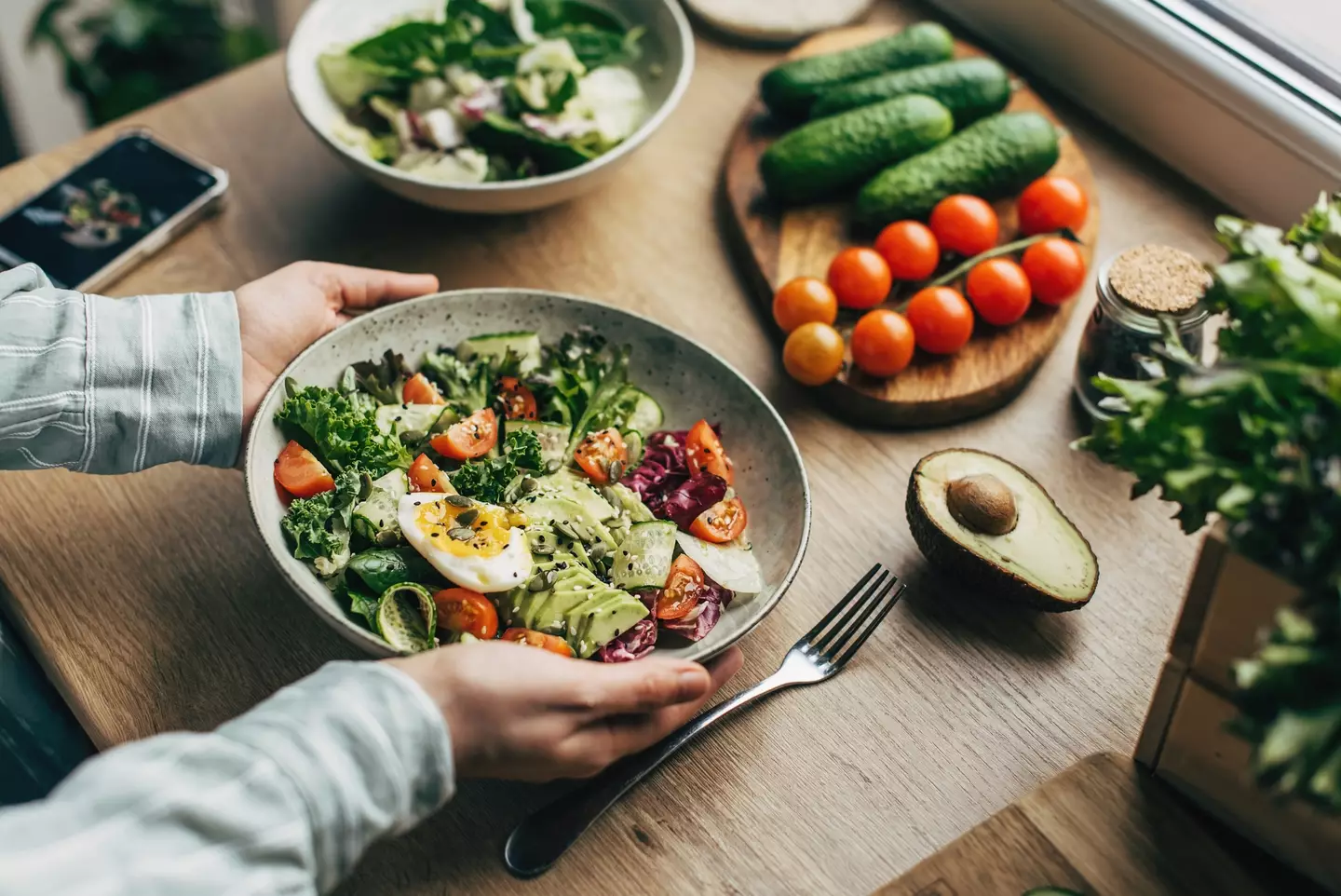
If you find yourself often thinking about food, second-guessing your choices and feeling overwhelmed by cravings, then it could be down to 'food noise'.
The term began gaining attention in 2023 with the introduction of medication such as Wegovy and Mounjaro, which were said to help people get a better control of their dieting and weight by 'reducing food noise' whilst curbing their appetites.
It might seem like food noise is a relatively new concept, but as it's become more widely discussed, psychologists stress that it is not a new phenomenon and many people have lived with it for years.
According to Dr Charlotte Ord, psychologist and disordered eating specialist, the condition is better understood as a form of obsessive thought.
Advert
Speaking to the BBC, she explained: "Historically, we would have referred to the experience of food noise as ‘food preoccupation,’ ‘obsessive thoughts,’ ‘cravings,’ or ‘disordered eating cognitions'. Essentially, it refers to persistent, intrusive or repetitive thoughts about food."

She added: "This might look like obsessing over what to eat next, rigid dieting, or feeling anxious about eating certain foods. For many, it is closely linked with exposure to diet culture and restrictive eating.
"When we restrict food, whether through dieting or strict rules, the brain perceives it as famine. This drives our focus towards food and renourishment, even when it isn’t actually scarce."
She also stresses that thinking about meals is completely normal, and that most people plan what to eat, notice when they’re hungry, and look forward to enjoying food. Food noise is different though, and considered to be more intrusive and emotionally charged.
Dr Ord continued: "Food noise shows up when you aren’t hungry - sometimes even when you’re full - and is often accompanied by guilt, shame, or preoccupation. It interferes with quality of life in a way that healthy food thoughts do not."
If food noise is present then people experiencing it may struggle to concentrate at work, be distracted during social interactions, or feel trapped in cycles of anxiety about what to eat.
If you're worried that you might be experiencing food noise, Dr Ord says there are some signs. These include constantly overthinking food choices, as well as experiencing guilt, shame, or anxiety after eating. Some other indicators include engaging in rigid eating rules or disordered behaviours, and sometimes combining these habits with excessive exercise, especially in fitness environments that promote restrictive diets.
While weight-loss injections have become commonplace and are used to dampen food noise temporarily, Dr Ord stresses the importance of addressing underlying behaviours and thought patterns.

She recommends eating regular, balanced meals, as she shared: "Don’t skip meals. A mix of carbohydrates, protein, and fats helps regulate appetite and hormone levels."
Another tip is to move away from food labels, meaning not ignoring the packets and labels themselves but instead to 'Stop moralising food as "good" or "bad".’
"Restriction itself creates preoccupation. If something feels forbidden, the brain magnifies its importance," the expert said.
Dr Ord also suggested practicing mindfulness, as she added: "Pause and ask yourself what you truly need in that moment. Is it food, or is it comfort, connection, or rest?"
Finally she urges those battling food noise to build self compassion and to recognise that experiencing food noise doesn’t mean something is wrong with you. She shared, "Food noise is a sign your brain is trying to keep you safe."
For those struggling, support is available and food noise doesn't have to just become something you live with.
"Food noise doesn’t have to last forever," says Dr Ord. "By understanding why it happens and learning new ways to nourish yourself, you can quiet the chatter and put food back in its rightful place."
Topics: Health
